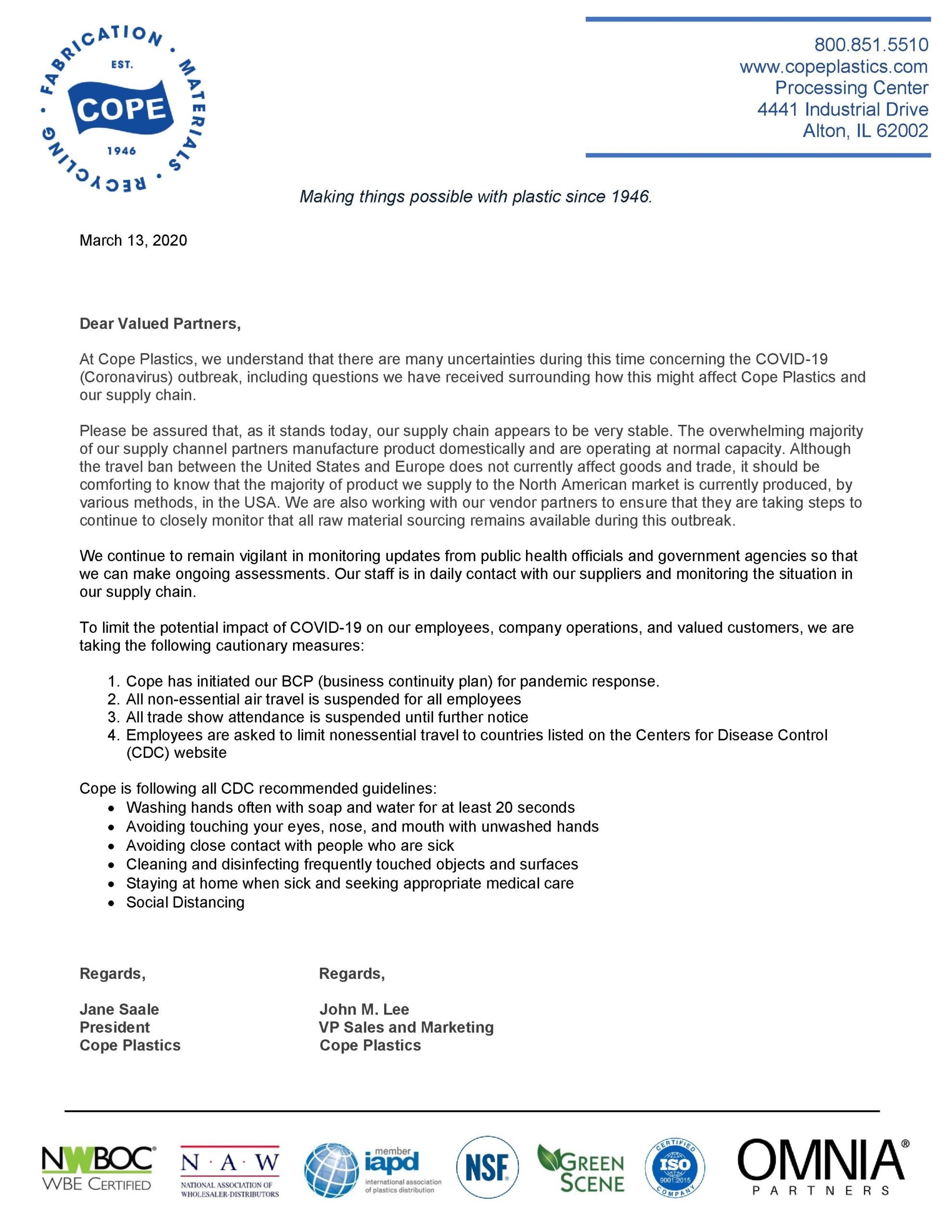
If you feel angry, you don't have to pretend that everything is okay. And if you're religious, you may even feel angry with God.Īnger often comes from feelings that are hard to show. You may also feel anger or resentment towards your health care providers, your healthy friends, and your loved ones. It's very normal to ask, "Why me?" and be angry at the cancer. If you have the energy, try taking part in activities such as music, crafts, reading, or learning something new. Ask your doctor questions and don't be afraid to say when you don't understand.įor some people, it feels better to stay busy. The more you know, the more in control you'll feel. It may help to learn as much as you can about your cancer. you feel like you can't do the things you enjoy.Įven if you feel out of control, there are ways you can take charge.people use medical terms that you don't understand.your normal routine is disrupted by doctor visits and treatments.When you first learn that you have cancer, it's normal to feel as if your life is out of control. Young people with cancer can also learn more on the Emotional Support for Young People with Cancer page. If you feel comfortable, share this information with them. Your friends and family members may share some of the same feelings. Whatever you decide, it's important to do what's right for you and not to compare yourself with others. ask for help from counselors or other professionals.seek support and turn to loved ones or other cancer survivors.feel they have to be strong and protect their friends and families.

Often the values you grew up with affect how you think about and cope with cancer. This is true whether you’re currently in treatment, done with treatment, or a friend or family member. They may change daily, hourly, or even minute to minute. It can also make existing feelings seem more intense. Just as cancer affects your physical health, it can bring up a wide range of emotions you’re not used to dealing with.


 0 kommentar(er)
0 kommentar(er)
